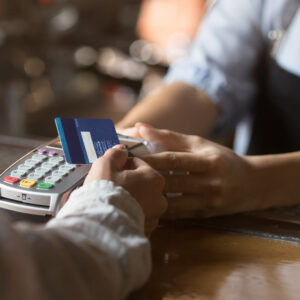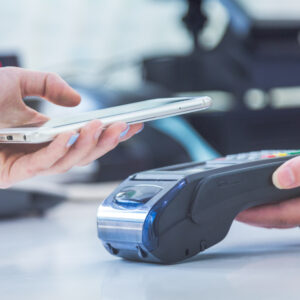One fake invoice. One careless payment. Thousands lost in seconds.
Invoicing scams are a rising form of financial fraud where scammers send fake invoices or payment requests pretending to be a trusted vendor or service provider. They target businesses of all sizes, but especially smaller operations that may lack rigorous payment controls.
The scam is simple: send a realistic-looking invoice, impersonate a supplier, and hope someone in your business pays it without asking questions. And sadly, it works far too often.
Invoice scams aren’t just phishing emails. They’re full-on social engineering attacks aimed directly at your accounts payable.
Why Small Businesses Are Prime Targets
Fraudsters don’t waste time breaking down locked doors. They just walk through the ones you left open.
Small businesses are particularly vulnerable to invoicing scams because they often lack the resources and layered protections that larger enterprises take for granted. In a small team, it’s common for one person to wear many hats while managing vendor relationships, approving invoices, and issuing payments.
That concentration of responsibility creates blind spots scammers love to exploit.
Rapid growth also creates risk. When businesses scale quickly, they often onboard new vendors and services without fully vetting them or creating strict payment verification protocols. Processes are informal, teams are stretched thin, and fraudsters know the timing is perfect to slip through the cracks.
On top of that, smaller companies tend to communicate over unsecured email without additional verification tools or fraud detection layers. And in the rush of daily operations, it’s easy to overlook a slightly off email address or an unusual payment request until the money’s already gone.
The Tactics Scammers Use to Trick You
Today’s invoice scammers aren’t lazy. They’re pros. No more fake foreign princes. Modern scammers research vendors and mimic invoices to create email scams.
Here’s how they do it:
They spoof vendor domains
Creating email addresses that look almost identical to real ones.
They use language that your vendors use
Like referencing past orders, purchase order numbers, or familiar names.
They send invoices during busy periods
Especially at end-of-month billing cycles, when your team is most distracted.
They create urgency
“Please pay within 24 hours to avoid disruption of service.”
They’ll call it routine business, but it’s really more like social engineering.
6 Ways to Protect Your Business from Invoicing Scams
You can’t stop scammers from trying. But you can stop them from succeeding. Don’t leave you and your revenue exposed when there are more than a few ways to guard against scammers.
You can protect your business with these 6 steps:
1. Verify invoices before you pay.
Always cross-check the invoice against your records, and call the vendor using the contact info you already have.
2. Scrutinize sender email addresses.
Look closely for subtle typos or unusual domain names—example: invoices@vend0r.com instead of invoices@vendor.com.
3. Limit who can approve payments.
Require dual approval for payments above a certain threshold.
4. Train your team.
Make sure employees know how to spot suspicious emails, payment requests, or changes to payment details.
5. Regularly review vendor contact info.
Keep your supplier database clean and updated to spot unauthorized changes fast.
6. Use secure payment platforms.
Modern processors offer fraud screening and multi-factor authentication to protect your outbound payments.
Prevention is faster and cheaper than damage control.
What to Do If You’ve Been Targeted
Even smart businesses sometimes get fooled. What you do next matters most.
If you think you’ve paid a fraudulent invoice, act fast:
- First, contact your bank or payment processor immediately to try to stop or reverse the payment. Time is critical because fraudsters move funds quickly.
- Next, report the scam to the authorities, the FBI’s Internet Crime Complaint Center (IC3), and anyone who monitors fraud. It helps your case, and it protects other businesses.
- Finally, audit your internal processes to understand how the scam happened. Was it an unchecked invoice? A lack of approval? Weak vendor verification? Fix the gap, retrain your team, and tighten your controls.
A scam might sting, but the lesson can make your business smarter and safer going forward.
Invoicing Shouldn’t Be a Risk Point
Payments are meant to drive your business, not drain it through fraud.
At Luqra, we help businesses secure the entire payment lifecycle from checkout to payout. But fraud doesn’t only happen on the customer side. Invoicing and vendor payments are a growing attack surface for modern businesses.
We tell our merchants to use secure payment flows, verified vendor databases, and multi-layered fraud detection across all financial operations. Whether it’s a six-figure payout to a supplier or a monthly invoice, every payment should be protected.





